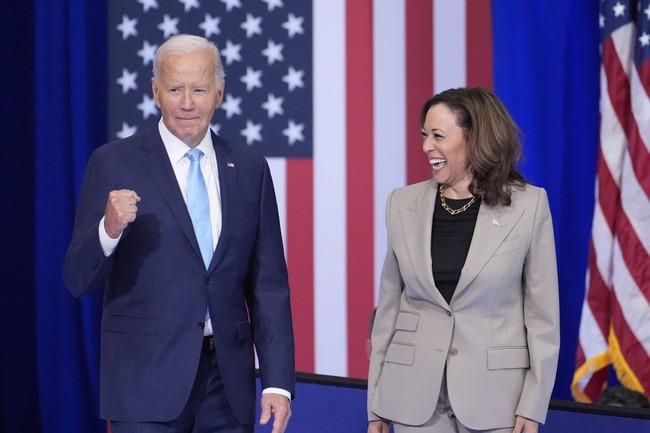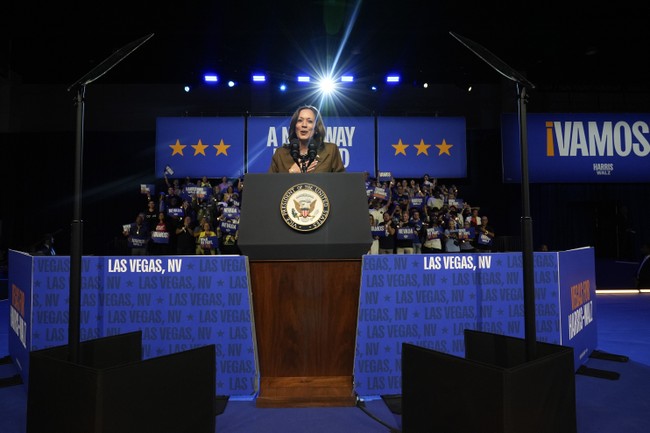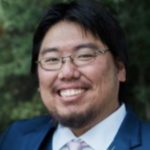
doyouremember.com
Riley Keough Reveals Lisa Marie Presley Would Get Drunk And Cry While Listening To Elvis Presley
Living most of her life on tales and short-lived memories with her father was no easy task for Lisa Marie Presley, who was only nine when Elvis Presley died. During a recent chat with Oprah Winfrey, Lisa Marie’s daughter Riley Keough revealed how her mother coped with his absence.
Even as an adult and mother of grown-up kids, Lisa Marie continued to feel the loss of her father, as Riley would often catch her crying while listening to his songs. She passed away last year due to a bowel obstruction, but Riley is telling her story via a posthumous memoir, From Here to the Great Unknown.
Lisa Marie Presley may have predicted her father’s death
Lisa Marie Presley / Everett
While promoting the new memoir, Riley shared snippets about the days leading up to Elvis’ death and how Lisa Marie instinctively sensed some danger ahead. Just the night before the unfortunate incident, little Lisa Marie told her father goodnight but not in the regular way.
She also wrote letters praying that he would not die, as she had noticed him struggling to stand up straight or use the bathroom. Despite being divorced from Lisa Marie’s mother, Priscilla Presley, Elvis was a present father in the late singer’s life for those nine years.
Little Lisa Marie Presley / Everett
Coping with Elvis Presley’s death in adulthood
It is likely that Lisa Marie never got over her dad’s demise, seeing that Riley often found her alone, drunk, and plugged into Elvis’ tracks. Riley told Oprah that she would often join her mother in the room in such moments and keep her company.
Lisa Marie Presley /Everett
Riley noted that the memoir captures Lisa Marie’s emotions, which varied from vulnerable and open to closed off and angry and even sometimes indifferent. She hopes readers will see Lisa Marie beyond the glam and her identity as a celebrity child but as a person with feelings and a personality.
Next up: Ryan Seacrest Comes Under Fire For His First ‘Wheel Of Fortune’ Blooper
The post Riley Keough Reveals Lisa Marie Presley Would Get Drunk And Cry While Listening To Elvis Presley appeared first on DoYouRemember? - The Home of Nostalgia. Author, Peace A

















